Dhaka, June 17 (V7N) - The Jatiya Party (JAPA), one of Bangladesh’s key political parties and a former ruling power, has postponed its 10th National Council, originally scheduled for June 28 at the China-Bangladesh Friendship Conference Center in Dhaka. The decision was formally announced via a party press release on Monday.
According to the statement, the postponement is due to “venue unavailability,” and a new date will be announced once an alternative location is confirmed. The council was expected to elect new party leadership at a crucial time ahead of the party’s strategic restructuring.
Venue Cancellation Linked to Yunus Event
Party sources indicate that the China-Bangladesh Friendship Conference Center canceled the hall booking due to a pre-scheduled seminar on the national budget, which will be attended by Nobel Laureate Dr. Muhammad Yunus as chief guest. As a result, the Jatiya Party’s central leadership cited the lack of venue as the reason for postponement.
JAPA Chairman GM Quader has already informed the Chief Election Commissioner of the postponement through an official letter.
Power Struggle Behind the Postponement?
Despite the official explanation, internal party sources suggest that deeper political tensions may have influenced the decision. Senior Co-Chairman Anisul Islam Mahmud reportedly expressed interest in contesting GM Quader for the chairman position. In addition, former secretary general ABM Ruhul Amin Howlader was said to be preparing to run again for his previous post.
Both Mahmud and Howlader have allegedly united in opposition to GM Quader’s continued leadership, raising the possibility of a contested election. Analysts view the council postponement as a tactical delay to manage or defuse the internal challenges ahead of a decisive party vote.
Background and Political Implications
Jatiya Party, founded by former military ruler Hussain Muhammad Ershad, has long played a balancing role in Bangladeshi politics—oscillating between opposition and alliance with ruling parties. The upcoming national council was being closely watched, as many expected it to reshape the party’s top leadership and strategic direction, especially ahead of future national elections.
The postponement raises fresh questions about unity within the party and its readiness to reinvent itself in the face of waning influence and rising internal dissent.
END/SMA/AJ/





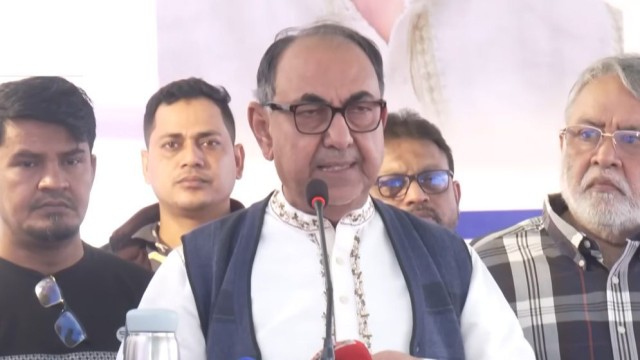
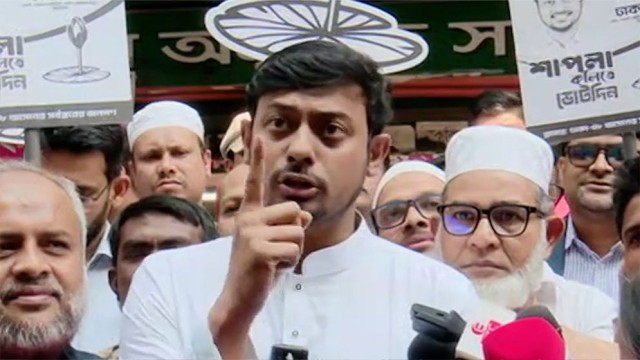
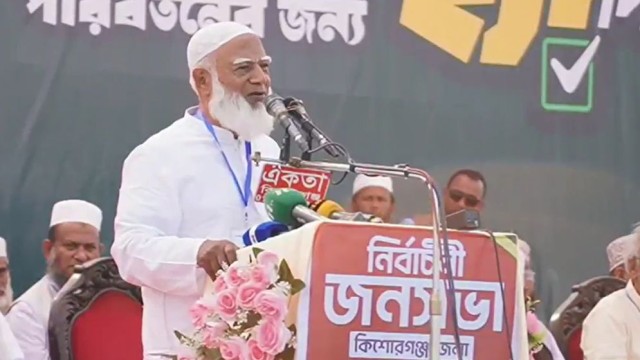
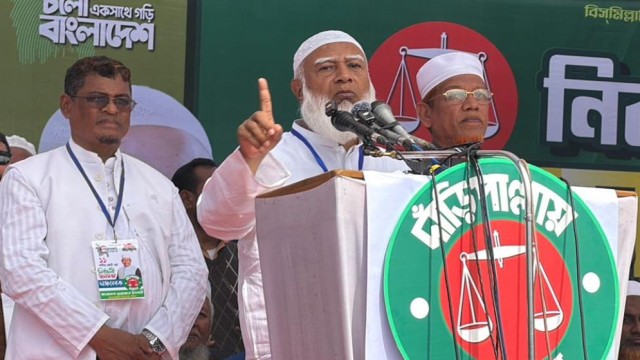
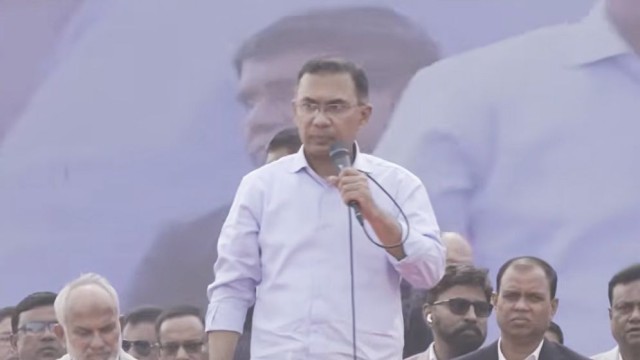

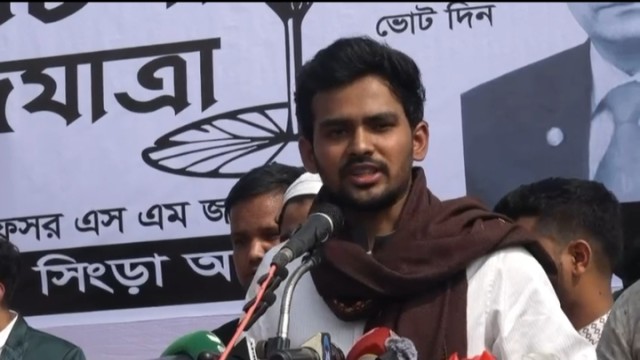
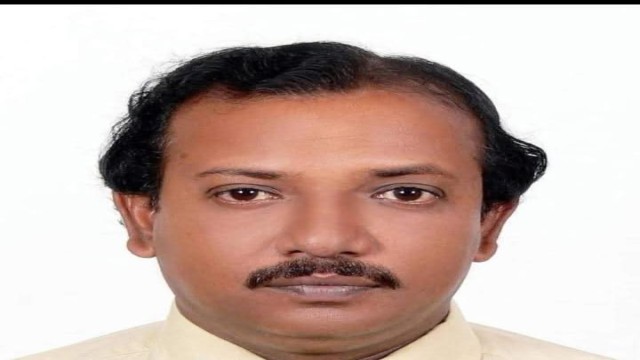


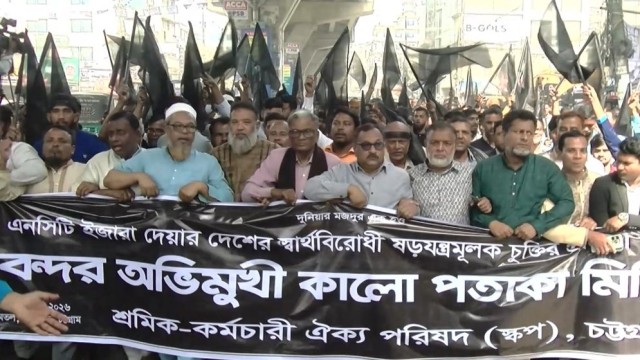
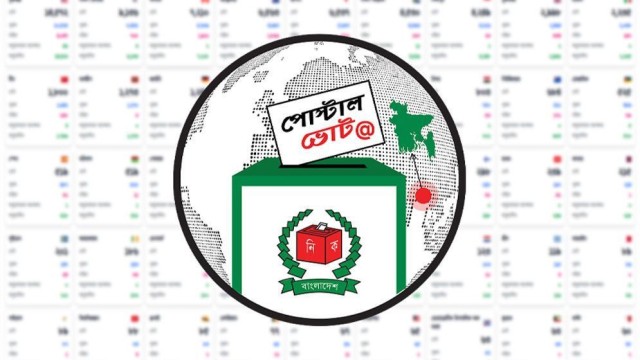
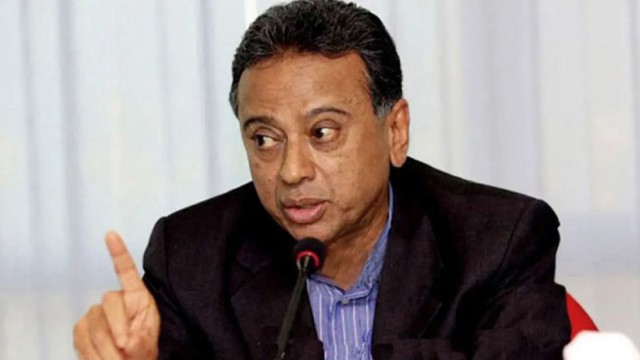








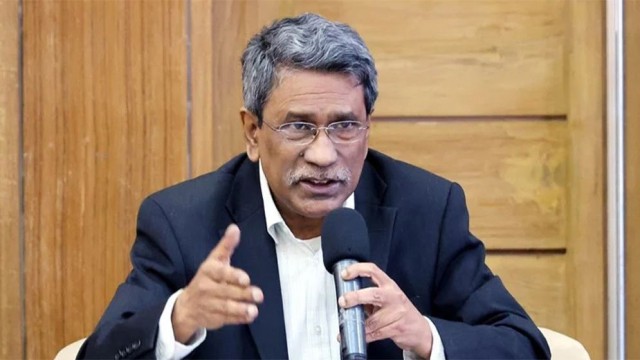
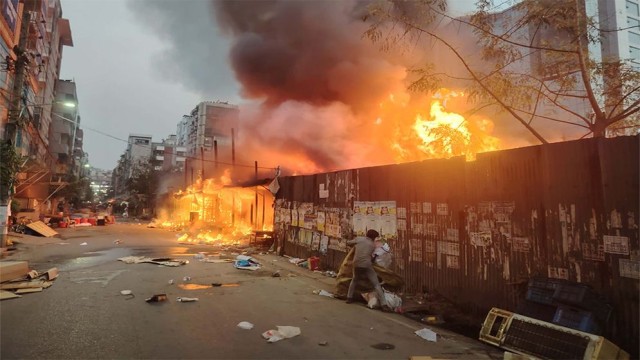

Comment: